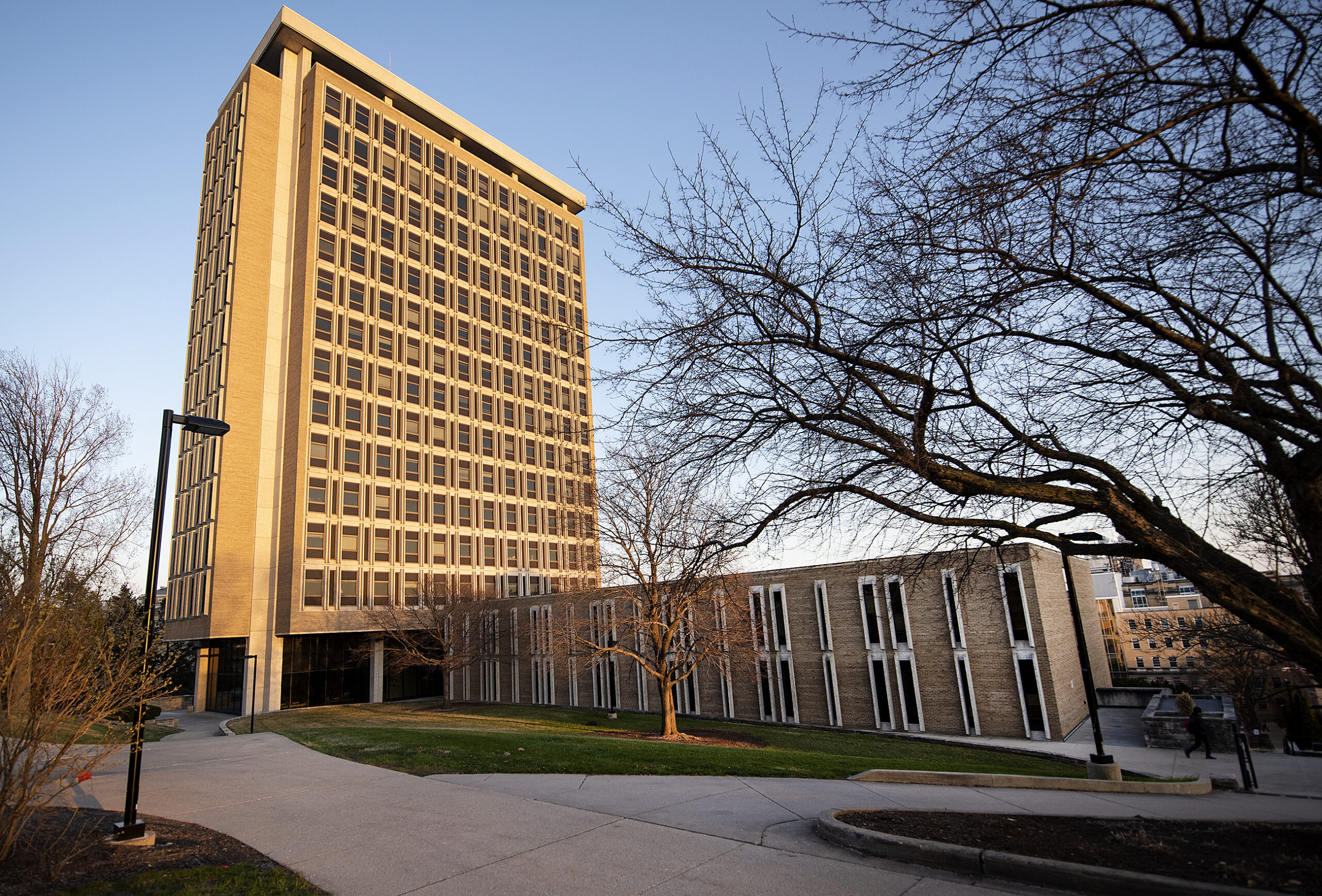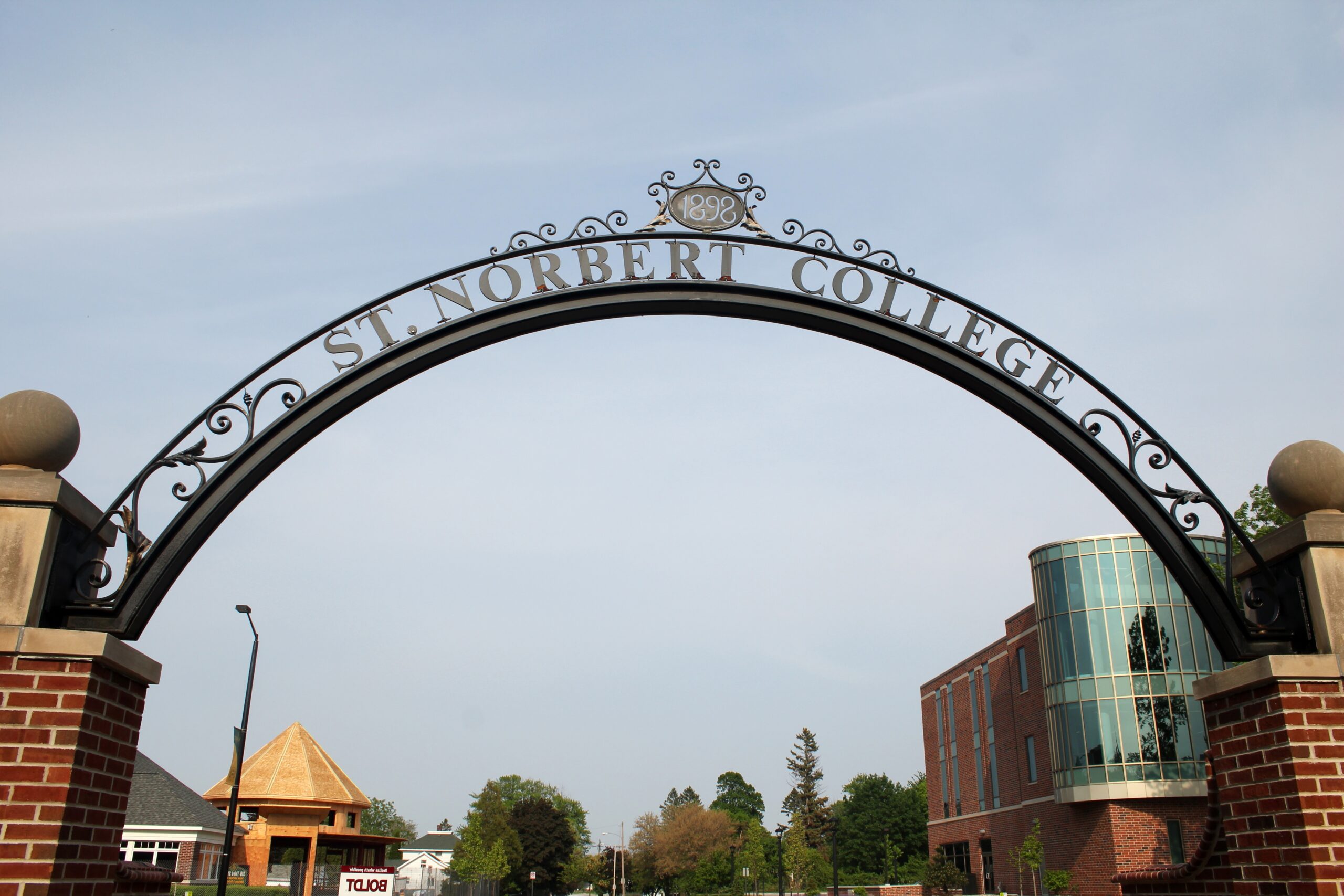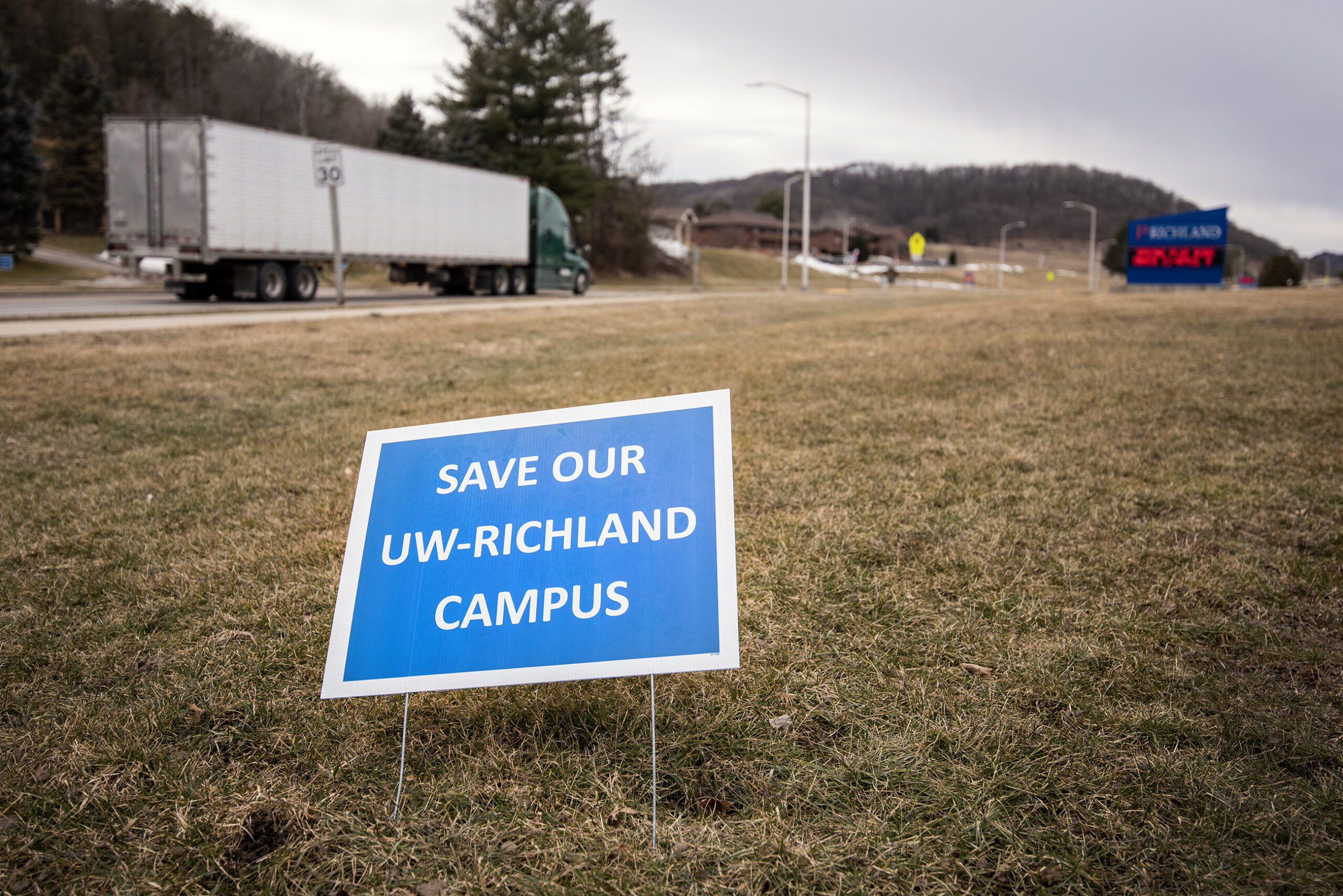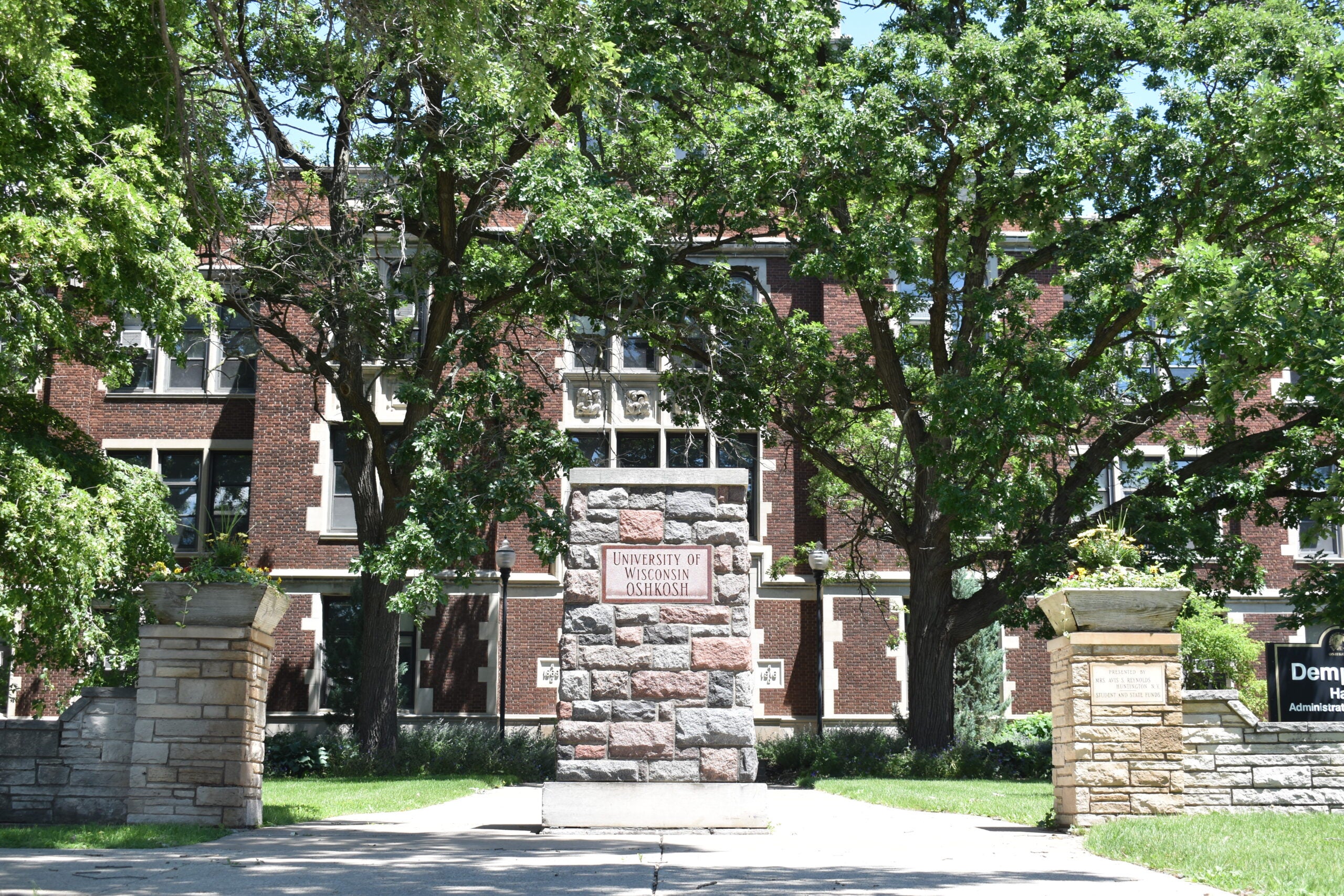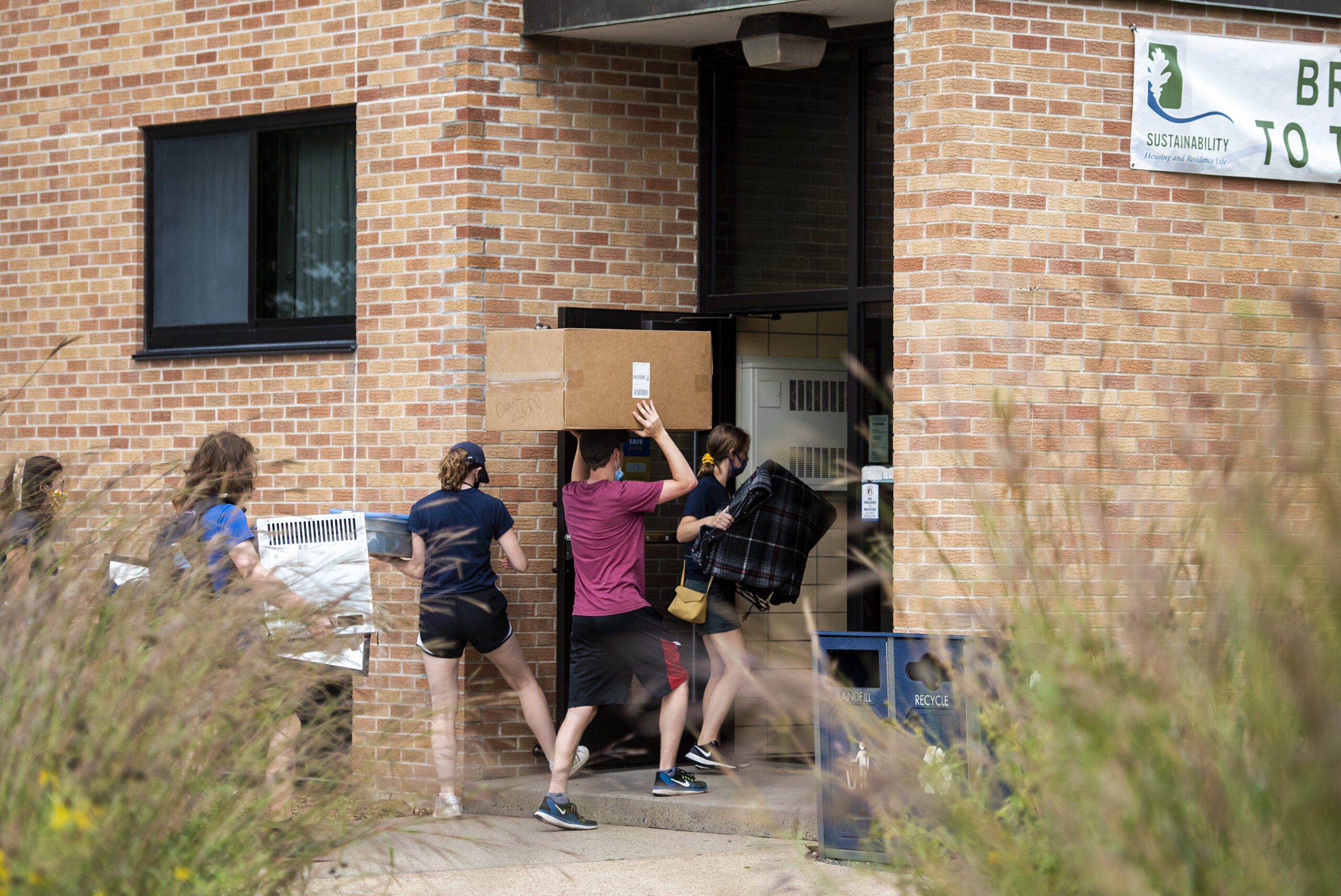Two more University of Wisconsin System campuses are looking to furloughs, retirement incentives and layoffs to address combined budget deficits of around $15 million.
The latest announcements from UW-Parkside and UW-Platteville come just more than one month after Republican state lawmakers included a $32 million cut to the UW System in a state budget signed by Democratic Gov. Tony Evers.
Ahead of budget negotiations, Wisconsin was projecting a $7 billion budget surplus. There is still an estimated surplus of $4 billion in state coffers.
Stay informed on the latest news
Sign up for WPR’s email newsletter.
UW-Parkside and UW-Platteville follow UW-Oshkosh, which announced on Aug. 3 it plans to cut 200 staff positions and require employee furloughs to close a projected $18 million deficit.
In a letter sent to employees Monday, UW-Parkside Interim Chancellor Scott Menke said the campus is facing a budget deficit “of at least $4 million” by the end of the current fiscal year, which ends June 30, 2024. UW System budget documents show the deficit is expected to be closer to $5.3 million.
UW-Parkside will require all employees to take unpaid furlough days, reduce department budgets by 10 percent and pause hiring except for positions deemed “critical need.” The letter doesn’t specify whether furloughs will be staggered based on pay. Menke said administrators are still figuring that out, but the number of furlough days an employee is required to take will most likely be based on salary levels.
“Furloughs are probably the most painful, but everybody that we’ve talked to on campus said, ‘Well, I’d rather do furloughs than lay people off,’” Menke said.
The budget shortfall is due to fewer high school graduates in Wisconsin enrolling in college, “reduced state support making us more reliant on tuition,” and high inflation reducing the purchasing power of the university, according to the letter to staff.
Menke said the early years of the COVID-19 pandemic led to smaller classes of new students, which means less revenues each year they’re still enrolled.
Enrollment at Parkside fell from 4,769 students in fall 2012 to 3,966 students in 2023, according to UW System data — a decline of 16.8 percent over the decade.
“While our preliminary estimate for freshman and transfer enrollment looks promising for the new school year, it will likely take more than a year to recover from our current shortfall,” Menkes letter said.
As a percentage of the overall student body, UW-Parkside has the largest share of Black and Hispanic students of any state campus, according to UW System enrollment data.
Menke said administrators will “probably position ourselves for future layoffs.”
“Hopefully we’ll be able to avoid it, especially if we get another nice-sized freshman class next year,” Menke added.
At UW-Platteville, about three hours west of the UW’s Kenosha campus, employees got a similar letter outlining that school’s ongoing structural deficit. Chancellor Tammy Evetovich said administrators are anticipating a $9.7 million deficit this fiscal year. She told employees she was “encouraged by preliminary enrollment figures for this fall,” but said “more immediate measures are needed to align our budget with our enrollment costs.”
Evetovich said administrators are considering “one-time budget retractions,” employee furloughs, early retirement incentives and assessing the school’s “organizational structure.”
Wisconsin Public Radio requested an interview with Evetovich and more details about the budget school’s budget plans. A UW-Platteville spokesperson said there is no additional information available at this time.
“While implementing the strategies before us will not be easy, we need to position ourselves for long-term financial stability and prosperity,” Evetovich’s letter said.
An emailed statement from UW System President Jay Rothman said the letters from UW-Parkside and UW-Platteville “are disappointing and unfortunate — yet not unexpected.”
“Our universities are facing demographic, political and economic realities that require hard, though necessary decisions,” Rothman said. “These actions we are forced to take represent missed opportunities for our students and families but are necessary given our circumstances.”
A UW System spokesperson said Rothman was not available for additional comment Monday.
While not specified in his statement, the missed opportunities mentioned by Rothman could include a $32 million cut to the UW System in the current state budget. During state budget negotiations, Assembly Speaker Robin Vos, R-Rochester, said the cut was aimed at eliminating diversity, equity and inclusion positions and programs at the state’s 13 universities. Vos has claimed DEI initiatives are not about embracing diversity on campuses, but are aimed at “indoctrination.”
Republican language added to the state budget would have eliminated 188 DEI positions across the UW System, but was stripped by Gov. Tony Evers with a line-item veto.
The $32 million in funding is technically tied to workforce development initiatives. The UW System can request it from the Republican-controlled Joint Finance Committee. But Vos has said the funding will not be released unless the UW “(works) with us to eliminate all this racial preferences (sic) and all the things that are rampant on college campuses.”
In a statement sent to WPR on Wednesday, Vos said he hopes UW-Oshkosh, UW-Parkside and UW-Platteville start to address their budget challenges “by eliminating their unnecessary DEI positions.”
“It would be a first step in showing they’re serious about cutting wasteful spending, shoring up their deficits, and working with the Legislature to develop sustainable long-term funding solutions,” Vos wrote.
A joint statement from state Sen. Bob Wirch, D-Somers; state Rep. Tod Ohnstad, D-Kenosha; and state Rep. Tip McGuire, D-Kenosha, blamed Republicans for much of the schools’ current financial troubles.
“UW System President Jay Rothman warned that without sufficient state investment, many of its member schools would face cuts and possibly even campus closures,” the letter states. “State support for the UW System has steadily declined, particularly since 2011 when Republicans took complete control of state government.”
The Democrats pointed to a freeze on residential, undergraduate tuition increases between 2013 and 2021, along with a mandate for schools to use tuition reserves while addressing a $250 million UW System budget cut in 2015. Now, the letter states, 10 of the state’s 13 campuses are “facing structural deficits in the millions of dollars.”
“The Republicans have attacked the UW System from almost the first day of their majority,” Rep. Ohnstad said in the statement. “Many of us on the other side of the aisle and in the higher education world have seen this coming and sounded the alarm. Republicans either wouldn’t listen or didn’t care. If their goal is to make a college education inaccessible for average Wisconsin families, they are well on their way.”
None of the Democratic lawmakers who sent the letter replied to a request for additional comment.
In an interview with WPR, state Sen. Kelda Roys, D-Madison, who sits on the Senate’s Committee on Universities and Revenue, said she’s “not surprised to see more UW campuses being forced into making Draconian and unnecessary cuts.
“This was a direct result of the Republicans’ choices during the (state) budget to fritter away our $7 billion surplus on tax cuts for the rich, while cutting $32 million from the UW System,” Roys said.
Wisconsin Public Radio, © Copyright 2025, Board of Regents of the University of Wisconsin System and Wisconsin Educational Communications Board.
